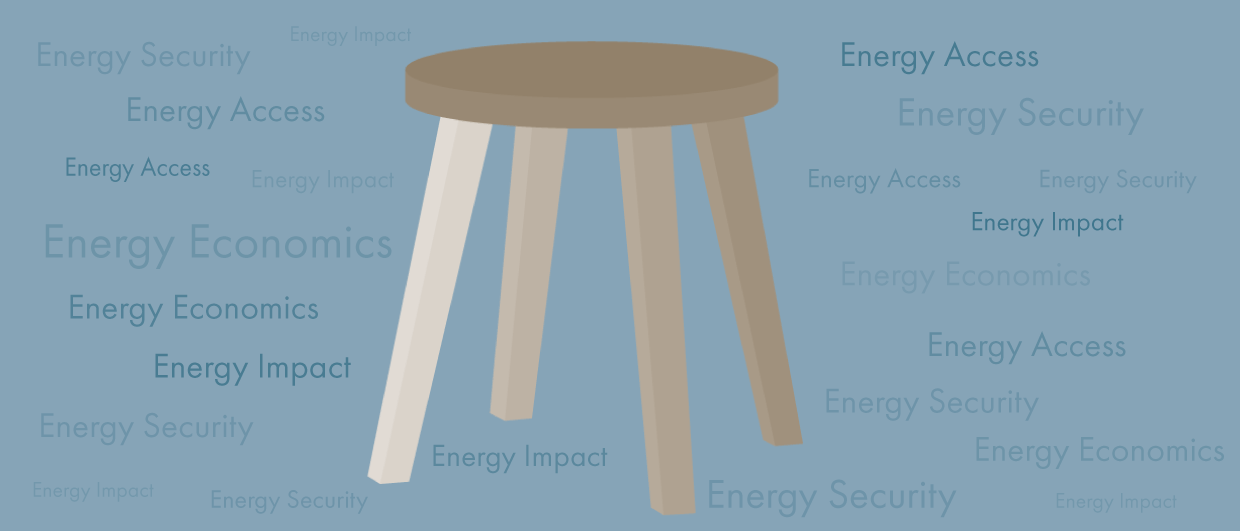”It’s the hope that keeps us here,” wrote Neil Hodgson and the Searcher team this week. He alluded to those promising ultra-deepwater fields that are about to be discovered.
Hope also filtered through in the words of some people this week as they commented on the news of an agreement reached in the Netherlands between the government, state oil and gas company EBN and the Dutch industry association Element NL to produce more gas from the offshore. Graham Goffey worded it as follows in a LinkedIn post: “This is what pragmatic climate leadership looks like…trust the sensible Dutch.”
Hope is also what keeps the Norwegians drilling around 40 exploration wells per year.
But why is Norway also keen on developing a seabed minerals industry at the same time? They see that peak oil and gas production is near, and without a Johan Sverdrup-sized discovery, the trend is clear. Wouldn’t it therefore be great to start a new offshore industry on the back of the gap the oil industry will leave behind?
“Hydrocarbons are transitioning away from us.” It is what Rodney Garrard wrote in one of his columns for us last year. And I believe he has a good point.
It is also the basis for the situation the Netherlands finds itself in. The agreement that was reached this week will not materially change that. Because it is not a government policy or tighter EU rules that have resulted in the dramatic decline in offshore gas production – like it was for Groningen. It is the natural decline of the fields themselves.
And when people anticipate that the agreement reached will now mean that gas production is going to ramp up significantly as a result, there is a disappointment in the making.
That is what I miss in the public debate that results from events like this. There is never any mention that the big boys started selling assets years ago for a reason; the volumes were simply not there anymore. Anything that will be done to facilitate more exploration is rather to manage the decline better. That’s why a colleague of mine at Total, years ago, pointed to regions on the map that were really far outside any known play fairway, in the hope that maybe something could be found there. That’s why another Total colleague whispered in my ears: “the Dutch sector is mature Henk, very mature.”
The big volumes ain’t there anymore.
Yes, of course, there will always be something to be found. That’s in fact what the Norwegians prove through their near-field drilling that has dominated the exploration landscape for quite a few years now. But these additional resources are small (apologies to the ones who found them), despite the upbeat press releases issued when one is announced.
What petroleum geologists also need to communicate to the public is the fact that it is not only accelerated climate change that forms a stick to move away from hydrocarbons; the hydrocarbons are indeed transitioning away from us. It is a hard reality, and any agreements to ramp up exploration in very mature areas will very unlikely reverse that trend. It is that observation that should in fact be a main driver for the energy transition, especially in the light of the much-discussed security of supply.
That’s not to say the agreement reached in the Netherlands is useless. It hopefully allows the current offshore players to finally get on with their plans more efficiently, which is needed and welcomed. That’s where the power of this agreement really lies. Which is also the background to why the Brits are looking enviously at what happened in the Netherlands this week, because everything seems at a standstill in the UK at the moment. But even when there will be a government U-turn and stability will return in favour of a much-battered industry, the times of energy independence are over.
And are the ultra-deep water prospects Neil Hodgson wrote about already walking from us before they were even found? Maybe, as Jamie Collard from Westwood Global Energy Group wrote as a comment to our LI post of the Searcher article: “Very interesting – but only one potentially commercial discovery from 40 exploration wells in >2500 m water depth since 2020 (across 15 different basins). How long will the hope last?”
The big difference is that ultra-deep water is a frontier. And frontiers are there to be tested. Sometimes that takes some time, maybe because our models are just not up to scratch yet. But that really cannot be said of the areas that have been drilled extensively – and there is an increasing number of those.




